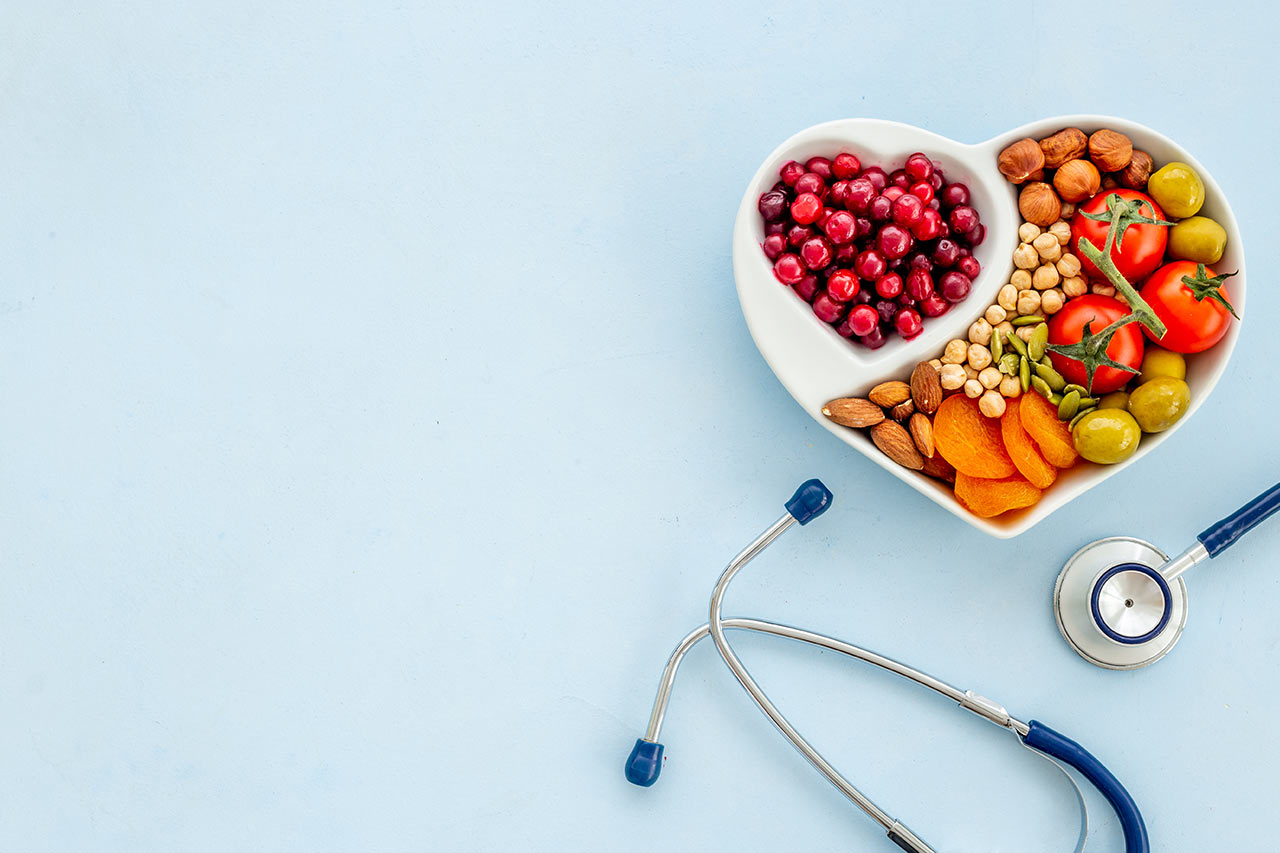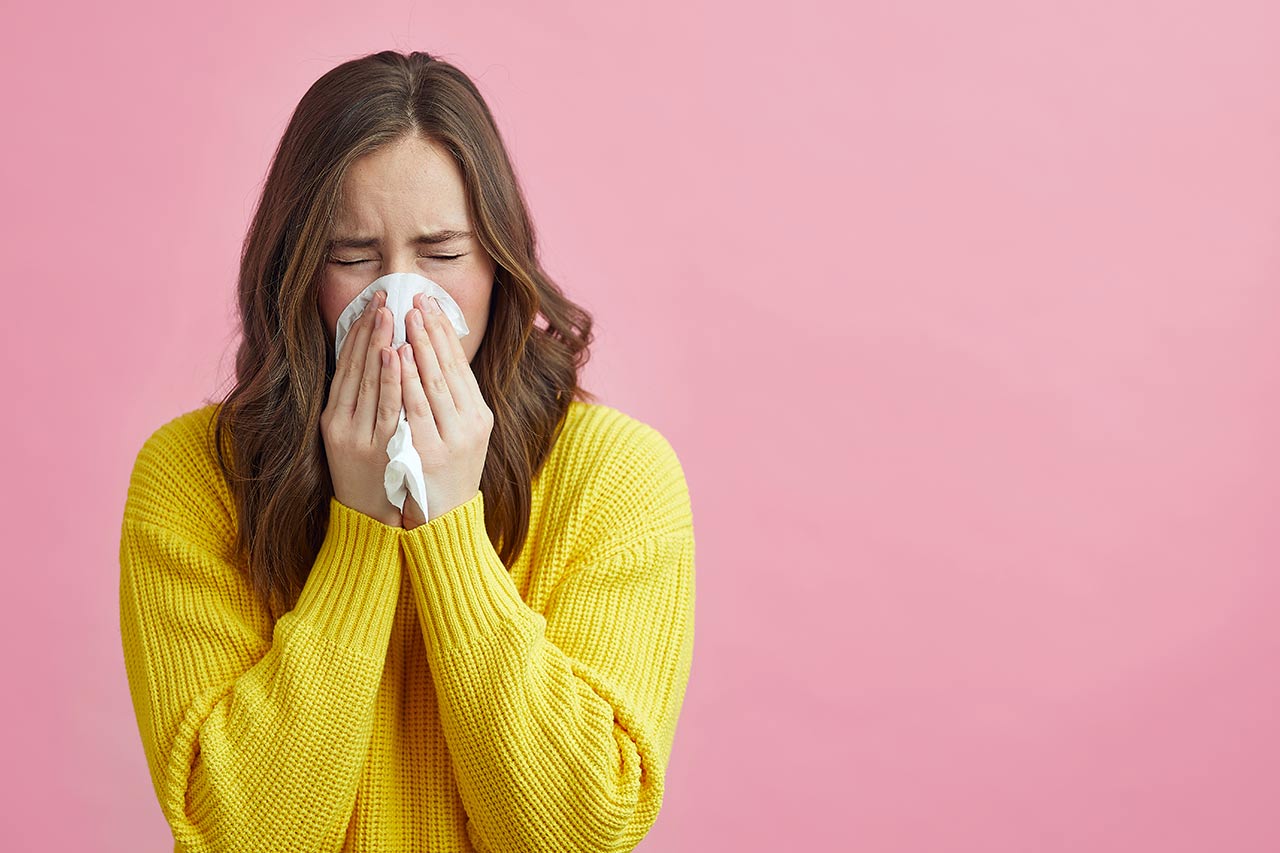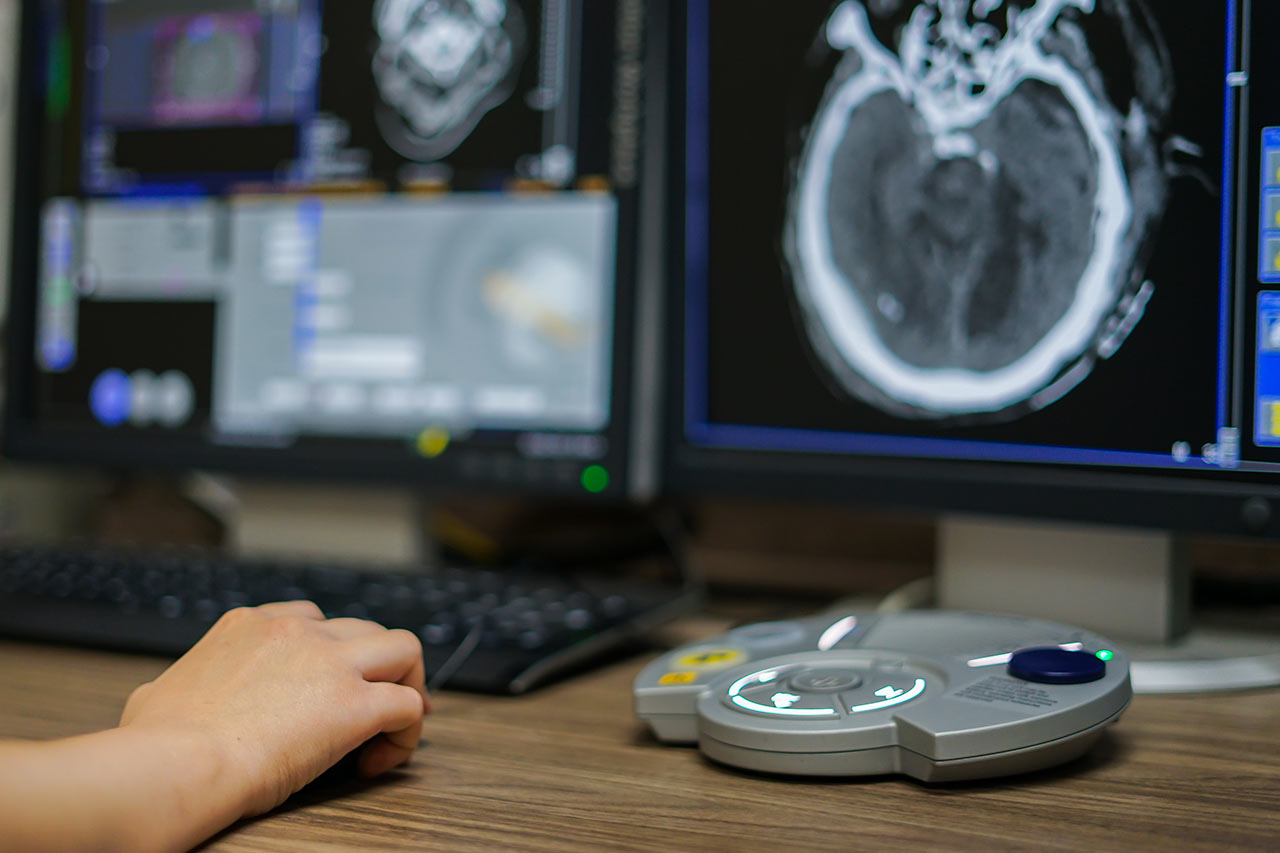A strong link between cancer and malnutrition
Symptoms like nausea, vomiting and general loss of appetite are frequent side effects among cancer patients during and after treatment. These symptoms are linked to impaired nutritional status such as anorexia and weight loss, and patients are at high risk of entering a state of malnutrition. A deteriorated nutritional status is often related to a reduced response or tolerance for treatment, and malnutrition is also significantly associated with a reduced QoL.
Moreover, this relates to other issues like depression or withdrawal of social interactions. Having lost a lot of weight constantly reminds the patient of their disease and puts additional emotional burden on them.
But weight loss during cancer therapy may not only be caused by the therapy itself. It can also be attributed to the physiological abnormalities of the tumor or the response of the host against the tumor.
An adequate nutrition helps mitigating the side effects of cancer treatments
To prevent malnutrition, healthy eating habits are recommended during and after treatment. Many studies have indeed been showing the positive effects of well-nourishment of patients on infection rates, mortality, and toxicity. Following the advice of the treating physicians or a specialized nutritionist may be beneficial for some patients to supplement their diet with certain high-calorie or high-protein products to make sure they are getting enough micro and macronutrients. Danone’s Medical Nutrition and Fresenius Kabi are developing such high caloric products for dietary supplementation.
Learn more about the challenges of CAR-T cells therapy >
Beyond these industrial products, there is a plethora of helpful tips and tricks available on how nutrition and eating behavior can alleviate cancer and cancer-treatment side effects. Many improvements can be achieved by changing eating behavior, e.g. by eating smaller meals and sticking to bland or cold foods. The format of some food can be also an important factor herein (e.g. liquid versus stiff food).
In addition, specific foods can be consumed to improve symptoms such as ginger, which is known for its antiemetic effect; oatmeal which is recommended by physicians as its neutral flavor and creamy texture are advantageous for patients experiencing symptoms like mouth sores or dry mouth; and turmeric praised by many in relation to cancer therapy.
A personalized nutrition supportive care helps to improve QoL
Nevertheless, each patient having different needs and reacting different to treatments, nutritional support is strongly recommended. This should be a personalized intervention tailored to the individual nutritional conditions, clinical status, treatment plan and expected outcome, and there likely is no one-fits-all solution.
Yet, in general the ideal nutritional intervention starts with a comprehensive evaluation of the patients to assess nutritional needs, followed by nutritional counselling, supplementation or (par)enteral nutrition based on the individual’s needs. Various tools can be used for screening the nutritional status and evaluating the risk for malnutrition in cancer patients. The US National Cancer Institute recognizes a registered dietitian as important part of the cancer healthcare team, which can influence on QoL.
Read also : Healthy Ageing: what opportunities and challenges in the nutrition segment?
Hypothetical and promising new nutritional approaches that yet need to be confirmed
Several nutritional approaches are gaining more interest to fight against the side effects of cancer, but they need further scientific validation. This is, for example, the case of the ketogenic diet which is a low-carb, high-fat diet. The rationale is that circulating glucose levels are reduced and the cancer cells are starved of energy while normal cells adopt to the new ketosis state of the body.
Another approach is short-term fasting which could increase the vulnerability of cancer cells to attacks by the immune cells. The hypothesis is that by starving the cancer through a fasting-mimicking diet they become more sensitive to chemotherapy.
Finally, gut microbiome has been recognized as a key factor in cancer progression, treatment response and side effects. If current advancements to modulate the microbiome in a personalized manner prove effective and feasible, this could open an entirely new approach to cancer therapy and imperatively increase the patient’s QoL.
These new nutritional approaches are promising but more evidence is needed to evaluate their application, effectiveness and safety in clinical practice.
Living well during cancer treatment requires adopting a dedicated approach towards nutrition, adapted to the characteristics of each patient. As we have seen, nutrition can play a key role in preventing and mitigating the side effects of cancer treatment, and thus become a major pillar of QoL of cancer patients. At Alcimed, we believe that a nutrition supportive care program should be launched right at the level of diagnosis, regardless of staging and for all cancer patients. We will keep you informed of the latest developments in this field. For broader insights into QoL of cancer patients beyond nutrition, download our position paper “Quality of life in cancer care – Do we care enough?”.
About the authors,
Volker, Great Explorer Oncology, and Diane, Senior Consultant in Alcimed’s Healthcare team in Germany



